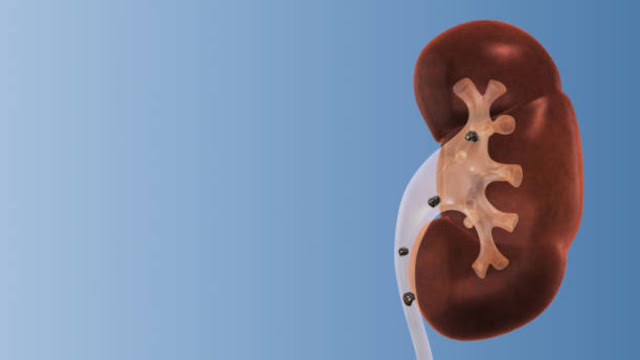Eating habits that weaken your immune system
In a scenario characterized by new variants of COVID-19 and with the rapid approach of autumn, we must first and foremost attention on the immune system, more precisely on its strengthening. The immune system can be affected by stress, the quality and amount of sleep, and especially what we eat. Next, we will tell you which eating habits do not at all help to maintain a strong immune system .
1. Drink too much alcohol
Excessive alcohol consumption can have a bad effect on our resistance. “Alcohol can overwhelm the body's immune response to infections,” says dietitian Mary Albus. Don't eat so much! The reason is that when alcohol is involved, it may take longer for the body to recognize and respond to a developing infection . packaging
Alcohol can also weaken our immune system by altering the absorption of required nutrients. Albus says that "alcohol inhibits the fascination of vital nutrients such as vitamin C and zinc, which are important for the working of our immune system ."
Additionally, alcohol consumption can interfere with the symptoms of the disease. The effects of heavy drinking can make symptoms last longer and more severely than they otherwise would be, says Albus . techgeeksblogger
2. Eat lots of sugar
Albus also mentions that too considerable sugar in our diet can weaken our immune system in the long run.
“Studies have linked the regular consumption of foods high
in added sugars to impaired immune function,” says Albus, “and this is due to
white blood cells, which are the cells involved in fighting infections. . They
are affected by consuming too much sugar, which can prevent them from
effectively fighting infections .

3. Get lots of salt
According to a report from the Ministry of Consumption, in 2020, every Spaniard consumed 1.27 kilograms of salt, or 14.6% more than in 2019. The World Health Body (WHO) indicates that there is currently has a high salt intake of about 5g or more per day. , which pays to high blood pressure and increases the risk of developing heart disease and stroke. WHO recommends that salt intake for adults be less than 5g (even under a teaspoon).
In addition to the increased risk of high blood pressure from excessive salt intake, Albus claims that "eating a diet high in sodium and foods can trigger inflammation in the body and increase the risk of chronic disease," said one expert. . eat that not that!
Salt is also believed to inhibit some of our body's natural responses if consumed in excess. According to Albus, "salt can suppress anti-inflammatory responses and even alter the gut microbiota, which plays an vital role in our body's immune function."
High sodium intake has been linked to the worsening of existing autoimmune diseases such as Crohn's disease, ulcerative colitis, celiac disease, and lupus.
4. You are not eating enough fruits and vegetables
Dietitian Matt Mazzino says we need to include the right amount of fruits and vegetables in our diet to strengthen the immune system. “Fruits and spuds contain high amounts of vitamins, minerals and antioxidants,” explains Mazzino, “and these compounds are essential for supporting immune system responses and fighting infections,” he said. .
Fruits and vegetables are also high in answerable fiber, a nutrient that is beneficial for immunity. "Soluble fiber is the food of the bacteria that live in our gut," says Mazzino, "and a healthy microbiome communicates and supports our immune system so that it can fight infections effectively."
5. Lack of vitamin D.
“Vitamin D is one of the all-out important nutrients for
supporting a healthy immune system,” explains Mazzino, “unpaid to its
anti-inflammatory properties, which are known to improve the function of immune
cells”. Of course, before taking the supplement on your own, consult your
doctor.
